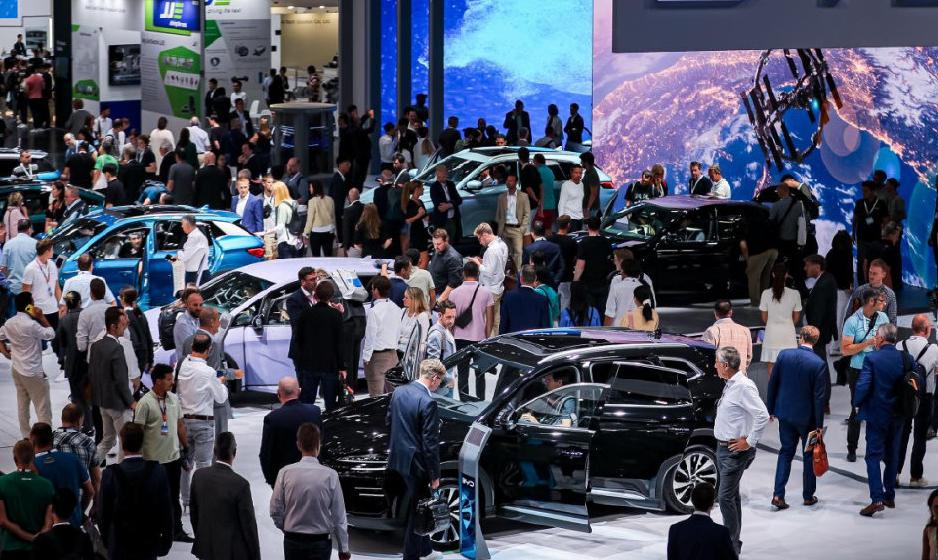
On July 4th, the European Commission announced a temporary countervailing duty on electric vehicles imported from China, which has sparked widespread attention and discussion. This temporary tariff will come into effect on July 5, 2024, and will last for a maximum of four months. Regarding the European Commission's imposition of tariffs on electric vehicles imported from China, European car companies have expressed opposition. So what kind of impact will this move have on the EU?
Firstly, the imposition of tariffs has had a direct economic impact on European consumers. Electric vehicles, as an environmentally friendly and future oriented means of transportation, are increasingly popular among consumers in the European market. However, with the increase of tariffs, electric vehicles imported from China may face price increases. This will make electric vehicles more expensive and may lower consumer willingness to purchase, thereby hindering the promotion and popularization of electric vehicles.
Secondly, the impact of this policy on the European automotive industry and related industry chains cannot be ignored. The EU market is one of the important markets for many car manufacturers worldwide, especially for those companies that rely on global supply chains. Imposing tariffs may lead to an increase in import costs and increase the operational burden on enterprises, especially those relying on Chinese production and assembly of electric vehicles. This additional cost may affect the profits and competitiveness of enterprises, and even affect their market share in the European market.
Thirdly, this tariff decision may trigger trade tensions. As one of the world's largest producers and exporters of electric vehicles, China is likely to take countermeasures against such tariffs. This type of trade dispute may not only affect the electric vehicle market, but may also extend to other industries and product sectors, causing greater uncertainty and turbulence to the global trading system.
In addition, imposing tariffs may also have negative impacts on the environment and sustainable development goals. Electric vehicles, as an important means of reducing carbon emissions and improving air quality, should have received encouragement and support from the government and the international community. However, the implementation of tariff policies may have suppressed the market competitiveness of electric vehicles and delayed the popularization and application of green transportation technologies.
Finally, this policy may also damage the EU's image and position in global economic governance. As an important economy advocating for free trade and open markets, the EU's protectionist measures may be seen as a challenge and threat to the multilateral trading system. The impact of any trade policy is not singular, and the decision to impose tariffs may trigger international trade disputes or countermeasures, further exacerbating global economic uncertainty. This unilateral action may lead to a lack of trust in the EU's trade policy by the international community, affecting the EU's influence and discourse power on the international economic and political stage. Meanwhile, it may also disrupt the balance and competition of the global market to some extent.
So, the EU's decision to impose tariffs on electric vehicles may not only have a direct economic impact on the European economy and consumers, but also exacerbate global trade tensions, hinder the development of environmentally friendly technologies, and damage the EU's image and position on the international stage.When formulating trade policies, decision-makers need to fully consider the interests of all parties and seek more balanced and sustainable solutions to promote healthy global economic development and the promotion of green technologies.

Since 2022, the Fed has cumulatively reduced its balance sheet by $2.4 trillion through quantitative tightening (QT) policies, leading to a near depletion of liquidity in the financial system.
Since 2022, the Fed has cumulatively reduced its balance sh…
On December 11 local time, the White House once again spoke…
Fiji recently launched its first green finance classificati…
Recently, the European Commission fined Musk's X platform (…
At the end of 2025, the situation in the Caribbean suddenly…
The U.S. AI industry in 2025 is witnessing a feverish feast…